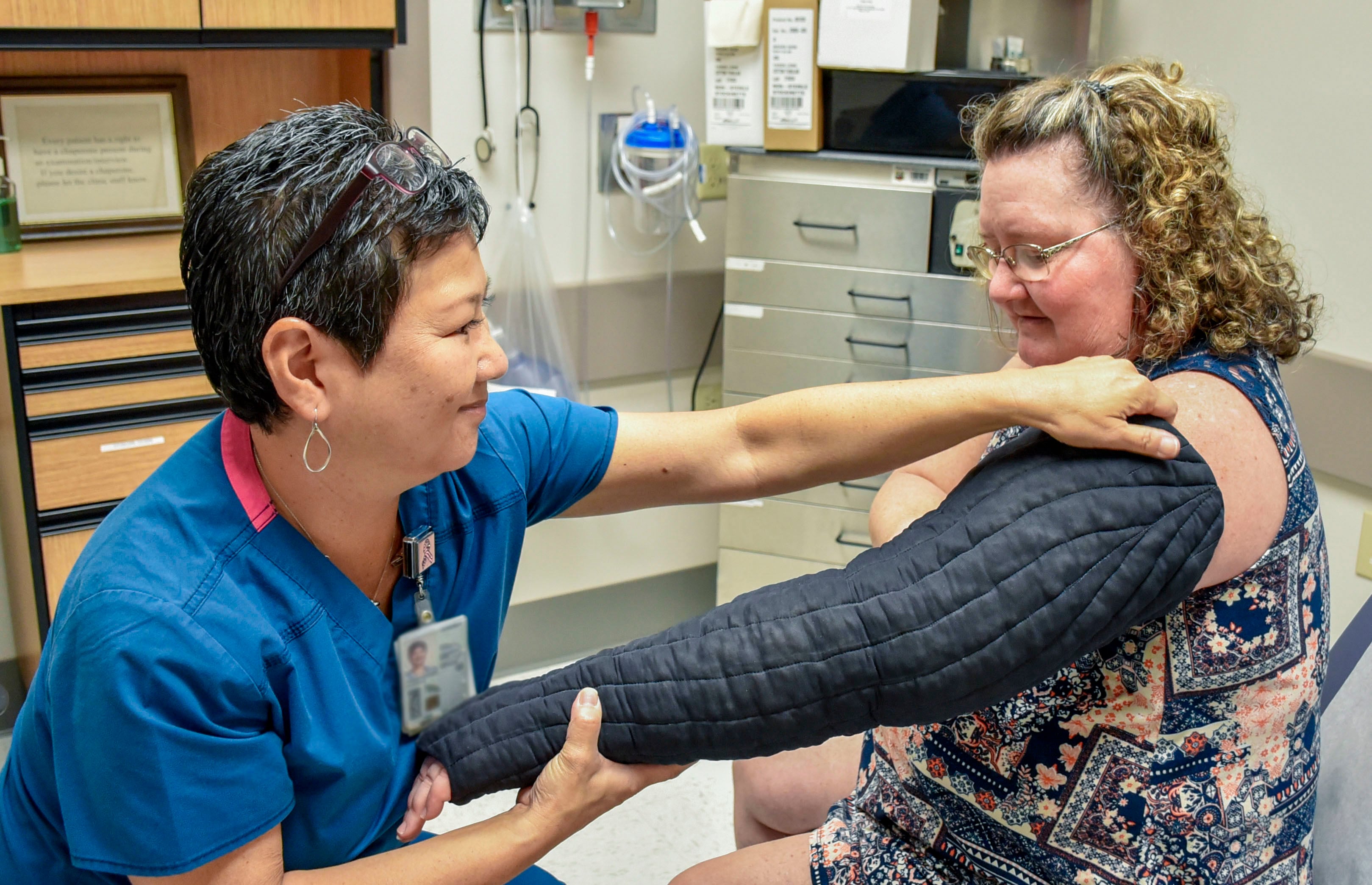A lack of guidance and oversight by the Defense Health Agency of its Tricare contractors in 2017 resulted in a host of problems for patients that must be addressed while the Pentagon develops its next generation of Tricare contracts, the Government Accountability Office has warned.
In a report published Tuesday, government watchdog analysts said that despite developing new guidance for the 2017 transition, as well as financial penalties meant to hold contractors accountable, DHA did not manage the turnover well, resulting in delays in contract implementation, patient enrollment problems and challenges providing specialty care.
In 2016, the Defense Health Agency consolidated its Tricare regions from three to two and awarded contracts for private health care services to Humana Military in the East Region and Health Net Federal Services in the West.
At the same time, the Tricare health program was preparing to launch Tricare Select, the preferred provider benefit that replaced the fee-for-service Tricare Standard program and Tricare Extra, a preferred provider health program.
But the turnover was anything but smooth, with UnitedHealthcare having lost the Tricare West contract to former Tricare North contractor Health Net and Humana, the Tricare South contractor, expanding to 32 states.
Among the problems encountered in the transition were:
- The need to freeze enrollments and plan swaps in December 2017 that resulted in a backlog of referrals, provider change requests and payment updates.
- The loss of payment information for 224,000 beneficiaries, resulting in at least 15,000 patients being booted from Tricare.
- Complaints by providers of payment delays or incorrect reimbursements.
- Communication woes between DHA and beneficiaries that included a delay in letters sent to patients about the change and incorrect information posted on websites.
“The challenges experienced during the [2017] transition process reflect weaknesses in DHA’s guidance and oversight,” GAO analysts wrote in their report.
While most of the problems have been resolved, a few continue to plague the contractors, the report noted, including one that consistently ranks among the top complaints by military families: inaccurate online provider directories.
According to the report, as of June, Health Net Federal Service’s directory was 76 percent accurate and Humana’s was 64 percent accurate. The standard set by DHA is 95 percent, which the contractors told GAO was too high.
RELATED

Also, Humana continues to struggle with processing claims accurately and in a timely manner. While the contractor has made improvements in timing, the report noted that the contractor “continued to miss the performance standard for claims processing accuracy,” requiring monitoring by DHA.
Together with the Defense Health Agency and military services, Tricare provides health services to 9.5 million active-duty personnel, retirees and family members.
Planning is underway at the Pentagon for the next generation of Tricare contracts, agreements known as T-5 that could be worth more than $15 billion each year. Humana’s contract ends in 2022 while the Health Net contract is up in 2023.
To ensure a smooth transition once the contracts are awarded, the GAO recommended that DHA define its data-sharing requirements to ensure that current contractors don’t withhold information from the winning bidders, revise their policies for resolving disputes and heed the lessons learned from the 2017 transition.
“DOD has an opportunity to avoid similar problems in the future by improving the specificity of its transition guidance and effectiveness of its oversight requirements,” the report stated.
In their response to the report, Pentagon officials said they concurred with the findings and already are implementing changes, such as updating policy manuals and streamlining the process for the new contractors to ask questions.
Patricia Kime is a senior writer covering military and veterans health care, medicine and personnel issues.





